Nine Marks Of Widescreen Stories, Part 2
In late 2005, the Christian world, and especially its media, were in quite a bit of a frenzied excitement — a state almost unparalleled even by the excitement of The Passion of the Christ — because this time the children could go to the movie, too.
It was the Disney/Walden Media motion picture adaptation of The Lion, the Witch and the Wardrobe.
Christianity Today’s front-page article was titled C.S. Lewis: Superstar. Megachurch pastors in their glee assembled 10-part sermons about things like The Turkish Delight in Our Lives. Yes, the truths of sacrifice, redemption and good versus evil were on the big screen again: a Lord of the Rings redux, except more simple and direct. And with fantastic casting, sets and visual effects, it looked great.
Even better, the blockbuster film hid none of the Christ-honoring worldview elements embedded by the story’s author. Thousands more found wonder and enchantment in the world of Narnia — and fantasy fiction altogether, even that which honored the Biblical worldview, received another boost.
But then there were those Christians who became far too enthusiastic.
2. Staying off ‘the bench of bishops’
In my last installment I wrote of the need for Biblical truths, especially those of Law and Grace, to be formed naturally into Widescreen Fiction. Now we come to the other extreme, as practiced by many Christian writers, evangelists and other Gospel marketers: the propaganda spray-painters.
In late 2005, they were everywhere. Punch Narnia into SermonCentral.com and glance over the results. Check out other websites whose well-meaning missionaries felt sure this was a perfect chance to convey the Hidden Meanings of LWW to audiences who surely wouldn’t get them otherwise. Other organizations happily provided helpful tips to Christians who wanted an easier way to “target” the unsaved — one such online missions manual even suggested writing out the story’s “analogies” and Official Discussion Questions on 3 by 5 cards and reading them off to friends after seeing the movie.
This was spray paint: slathering propaganda and faith symbols onto the wooden surface of a wondrous Wardrobe, whose exquisitely carven images were already enough to reflect God’s glory.
But for Christians unused to fiction (the same types who managed to think Da Vinci Code was of course heretical but “a great page-turner!”), this seems exactly the way to present truth in a story: start with the Message — often about the Gospel, either directly or by way of “analogy” so that perhaps people will hear it differently this time around — and go immediately to work wrapping the story around it.
C.S. Lewis himself spoke of this. And his words make it clear that not only was the same mindset popular in his era, but that in no way would he have bought into that methodology himself:
Some people seem to think that I began by asking myself how I could say something about Christianity to children; then fixed on the fairy tale as an instrument; then collected information about child-psychology and decided what age group I’d write for; then drew up a list of basic Christian truths and hammered out ‘allegories’ to embody them. This is all pure moonshine. I couldn’t write in that way at all. Everything began with images; a faun carrying an umbrella, a queen on a sledge, a magnificent lion. At first there wasn’t even anything Christian about them; that element pushed itself in of its own accord.
C.S. Lewis, “Of This and Other Worlds”
Many Christians are so used to the very idea Lewis easily dismissed: using whatever dramatic “instruments” possible but cheapening the music, with the primary goal of spreading a Message.
I believe this methodology is founded in its practioners’ theological worldview. They’ve bought into the idea that pretty much everything they create must contain the language of Churchese. After all, if we don’t save the lost, some claim, we’ll be answering to God later for what happens; one preacher I heard recently even declared that otherwise “their blood will be on our hands”!
This, too, is all pure moonshine. God doesn’t have an evangelism-shaped hole that only we can fill; He’ll redeem whom He will and we should feel awed and inspired that He even just lets us have a hand in helping Him out. The book of Acts especially makes this clear: people’s willingness to hear is up to the Spirit. We’re still divine marketers on a Great Commission, of course — but ultimately it’s His job.
Aside from Biblical reasoning, though, we can consider our own reading or film-viewing preferences. For example, would we seek out, read and enjoy a blatantly Buddhist novel whose sole purpose, made clear in the story, was to advocate karma and such? What about the religion of Secular Humanism — we’re more acclimated to it in our culture, but how often would we enjoy overtly pro-Humanist and anti-Christian literature whose authors’ main purpose is to subvert Biblical faith?
The unfortunate truth is that many creative Humanists have beaten Christians here: a lot of their stories are cooler than ours. Star Trek alone proves this. At times, the series’ messages are overtly Humanistic, but often the episodes just vaguely assume a progressive, evolutionary worldview down in Engineering somewhere and then hurtle at Warp Factor Six into fascinating worlds of story, characters, intrigue and interstellar adventure.
What’s the result? We do become used to that worldview, for better or worse. They didn’t even need to quote The Humanist Manifesto III. The “truths” of Humanism can be subtle and appealing — and easily rejected, because the stories are so good. The same can happen with Christian fiction readers.
Similarly, authors don’t need to include specific Scripture verses or direct fantasy-world equivalents of Bible stories to convey Biblical truth. Instead, our stories can naturally point to the deeper truth found in Scripture, while authors trust that because of who they are, the stories’ Biblical themes will develop on their own. Thus the concepts just might trickle down into the non-Christians’ subconscious — all the better for the Spirit to employ later in His mental invasion of fuller Truth, if He so chooses.
Lewis and Tolkien had this right, though the latter author’s approach was much more subtle: focus on the writing profession first, and don’t even directly bother about the Message. We need more of those types of Christians, Lewis wrote in Mere Christianity, and specifically he mentioned the need for Christian novelists who don’t propagandize:
The application of Christian principles, say, to trade unionism or education, must come from Christian trade unionists and Christian schoolmasters: just as Christian literature comes from Christian novelists and dramatists — not from the bench of bishops getting together and trying to write plays and novels in their spare time.
C.S. Lewis, Mere Christianity
Meanwhile, consider Christ Himself, with His own stories. To be sure, He started with Message first, imbuing the tales with analogies all intended to make His point. But He rarely made the hidden meanings clear, often only to His disciples, and even then they had to beg a lot for His explanations.
‘Tis the same with Widescreen Fiction readers. Let’s make them beg for more! As Christ-followers, we’re purveyors of “sting operations” — bait readers and they’ll want to know more about the fantastic story’s worldview. They’ll feel cool about it because they’ll be somewhat tricked into believing they’ve actually Found Something Subtle on their own. Then we can sit back and laugh in satirical, sinister fashion, knowing we have them. Or, more appropriately, the Spirit might just have them.
Of course, the story must capture readers’ imaginations first. It must naturally rival the best the “secular world” has to offer, in any genre. And that is the very topic of this series’ next episode. …

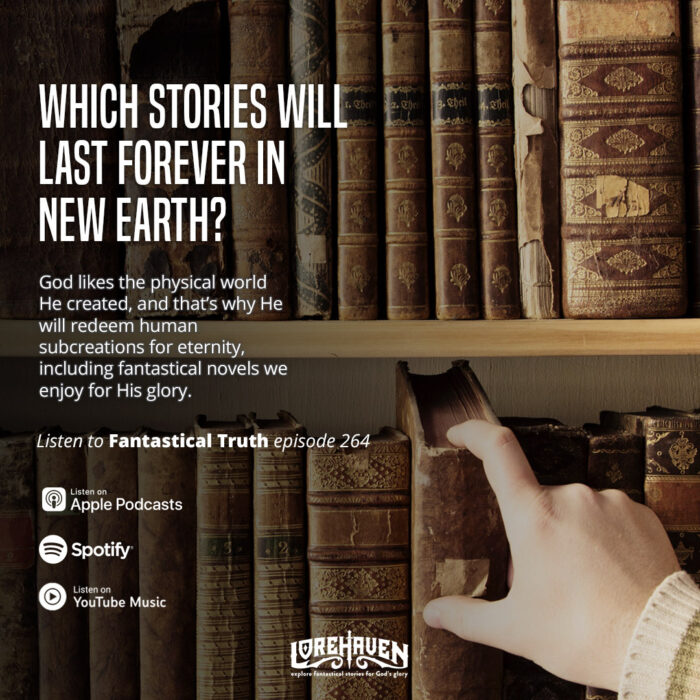
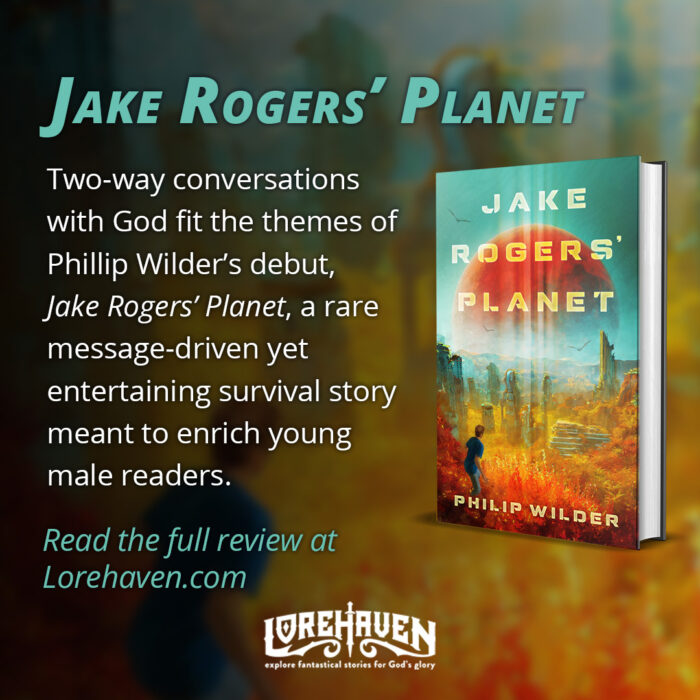
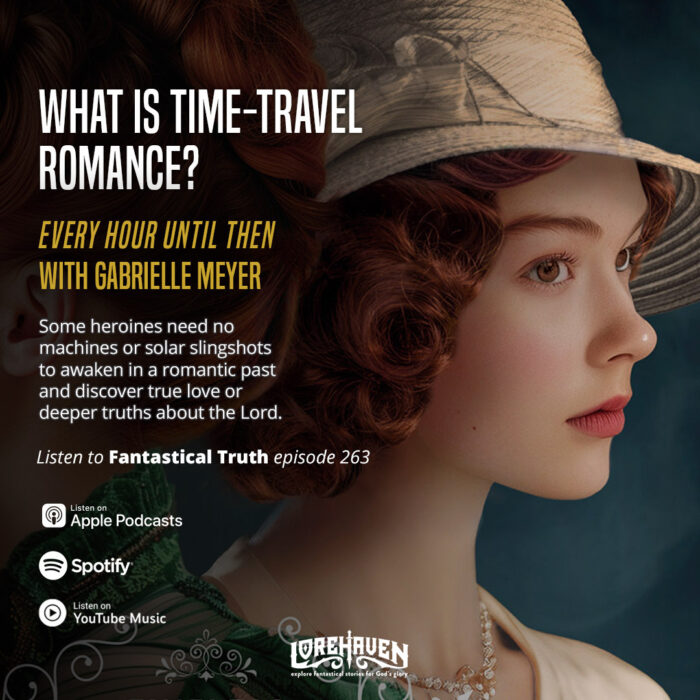















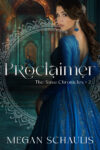
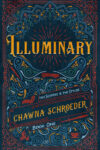

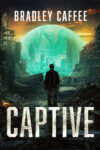


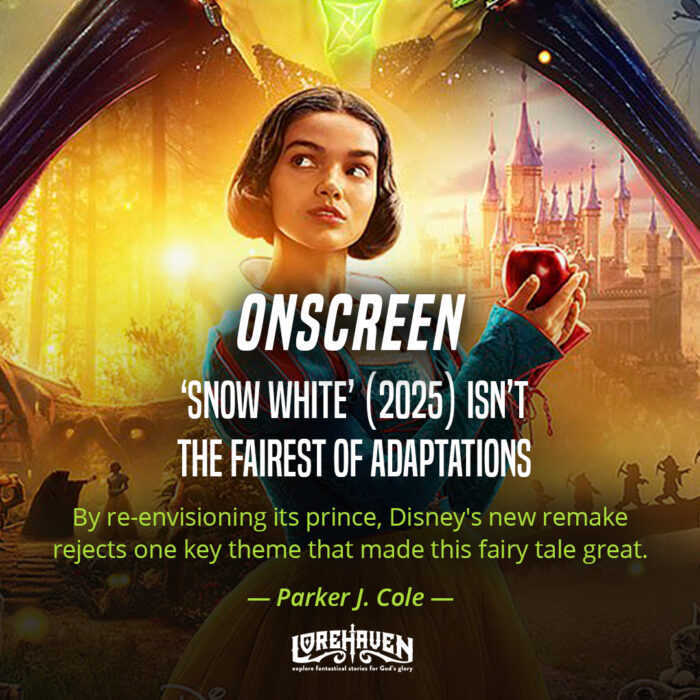
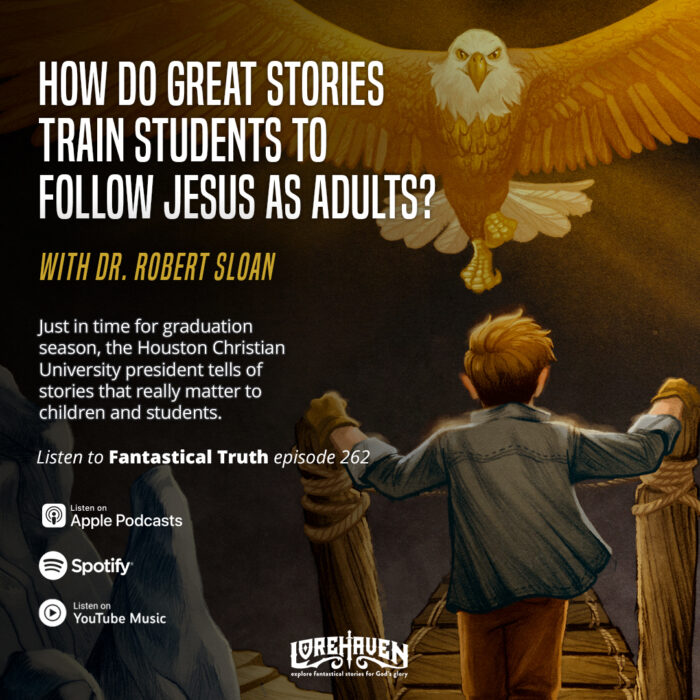

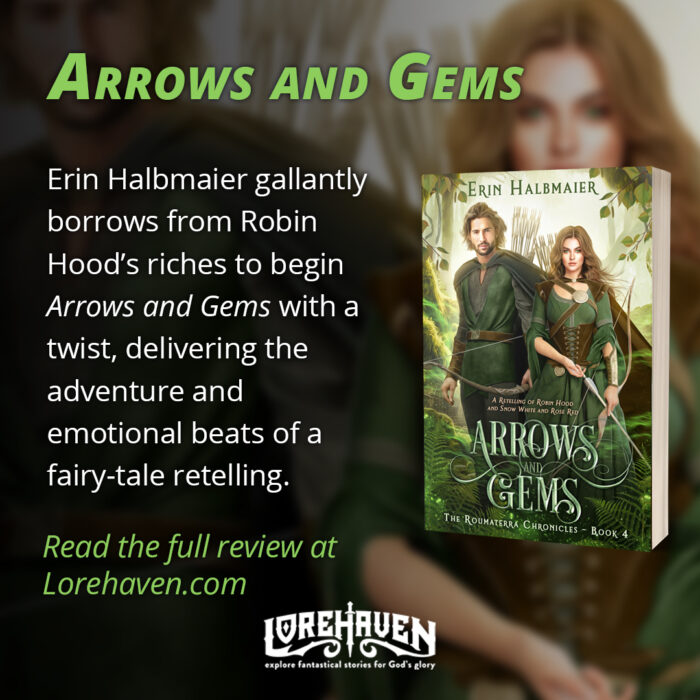
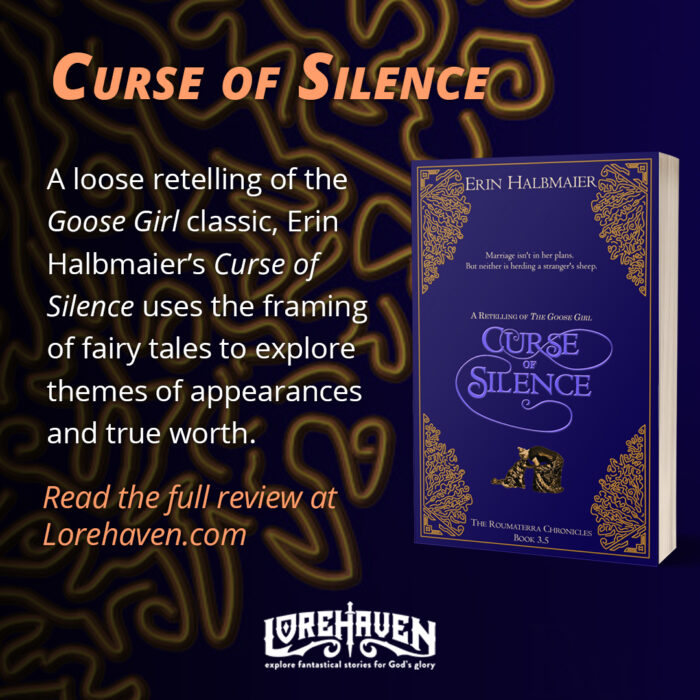
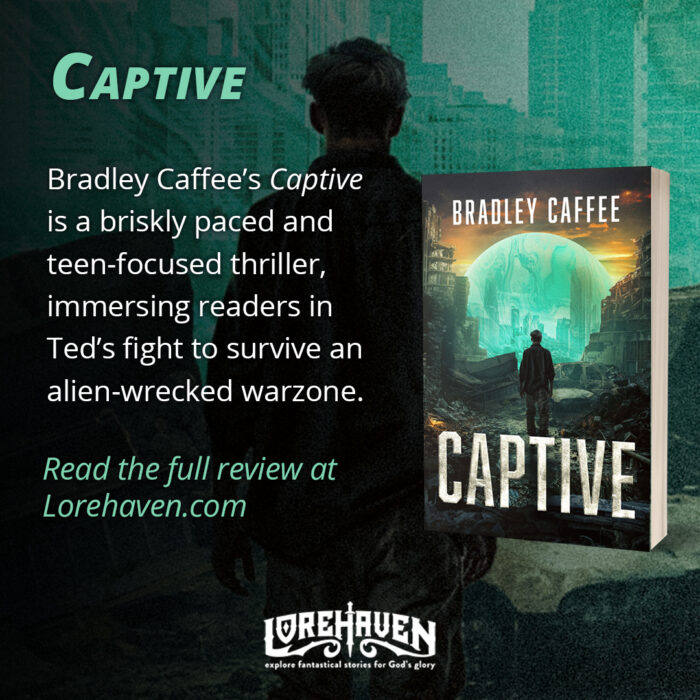






Share your fantastical thoughts.